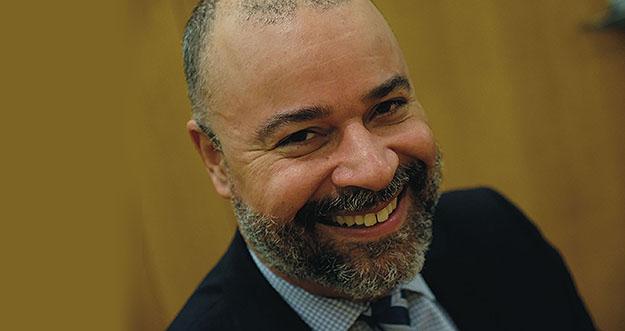
The time has come for a more honest reckoning with black American history. Through the eyes of black people, American history is turned upside down, made messier and more difficult, but more honest. Black history is American history, and it is a story that needs to be told.
The Schomburg Center for Research in Black Culture is dedicated to telling this story. It is a research library (part of the New York Public Library) that holds more than 11 million historical items related to global black experience, in all languages. So many institutions in New York City are named after fabulously wealthy and powerful people—but not the Schomburg Center. Arturo Alfonso Schomburg was born in Puerto Rico, of African and European ancestry. As the probably apocryphal story goes, little Arturo asked one of his primary school teachers about African history, and the teacher told him there was no such thing.
From humble beginnings
At the turn of the twentieth century, Schomburg emigrated, like so many others, to New York City and to Harlem. Schomburg got a job in the mail room of a bank and spent his spare time in the intellectual and artistic milieu that gathered at the 135th Street Branch of the New York Public Library. He also used his modest paycheck to acquire books, pamphlets, documents, and images related to black history. By 1926 he had accumulated approximately 10,000 such items (half were books!), which the New York Public Library purchased in that year. From these humble beginnings, the 135th Street Branch eventually became the Schomburg Center, a world-renowned archive and research library. In his famous 1925 essay, “The Negro Digs Up His Past,” Schomburg wrote that the collection contained “materials not only for the first true writing of Negro history, but for the rewriting of many important paragraphs of our common American history.”
When you visit, ask to see the collection of documents signed by Toussaint Louverture, leader of the Haitian Revolution (the first and only successful slave revolt, which gave birth to the first free black nation), or a first edition of a collection of poems by Phyllis Wheatley (born in West Africa, sold into slavery in North America as a young girl), the first black woman to publish such a book. We are usually taught that figures like George Washington are the authors of our liberties. But Louverture and Wheatley argued for a more expansive vision of democracy than Washington, who, like many of this nation’s founding fathers, owned other human beings and did not believe that those people were “created equal.”
The role of labor
By turning the usual historical narratives upside down, black history is an invitation to reconsider the role of laboring people and the labor movement in our society. One unmistakable pattern is the deep connections between that movement and the struggle for civil rights. The Brotherhood of Sleeping Car Porters led by A. Philip Randolph provided essential resources that made the U.S. Civil Rights Movement possible. Educators like Richard Parrish, a teacher and activist with the United Federation of Teachers and founder of its Black Caucus, and Ella Baker, who worked at the 135th Street Branch as an educator in the 1930s, and then went on to contribute to many different civil rights organizations in the 1950s and 1960s, including the NAACP, Martin Luther King’s Southern Christian Leadership Conference, and the Student Nonviolent Coordinating Committee. Black women like Ella Baker are too often ignored in our histories, but she shared an orientation on the labor movement as a crucial ingredient in the struggle for justice, and looked forward to “the day when the soil and all of its resources will be reclaimed by its rightful owners — the working masses of the world.”
Black history is more important than ever. We need to read, to learn, and think about the past in order to prepare for our collective futures.
Black history is for everyone.
Brian Jones is the Associate Director of Education at the Schomburg Center for Research in Black Culture.




